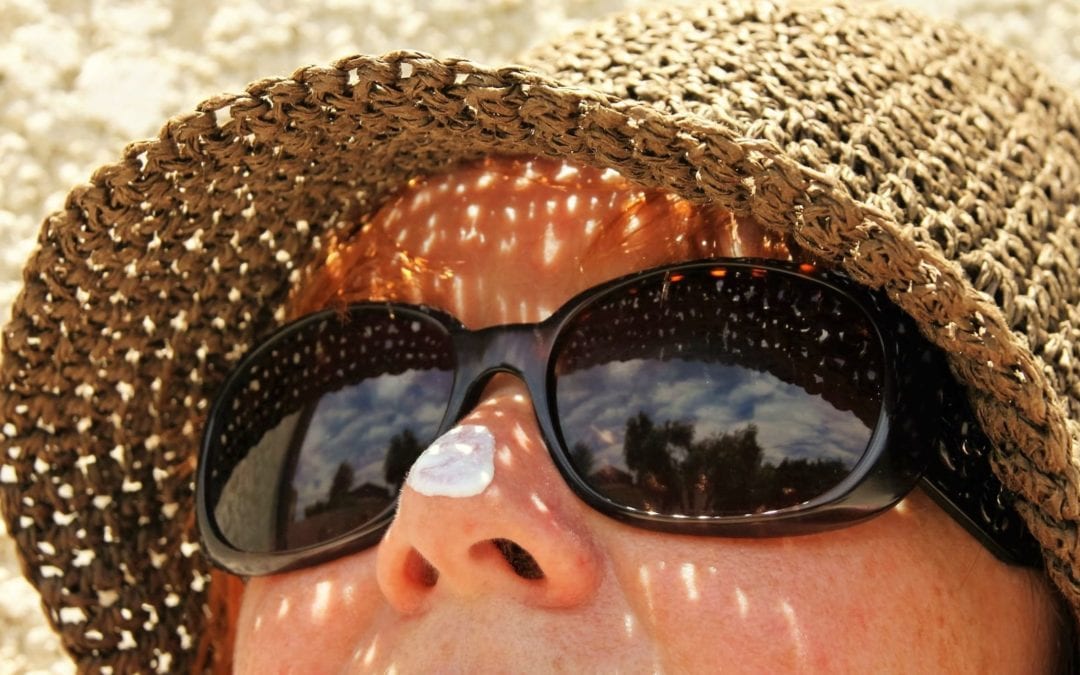Just last month, the European Commission adopted amendments to the Regulation (EC) No. 1223/2009 – also known as the Cosmetics Regulation regarding permissible sunscreens. The amendment is the addition of a UV filter that is now approved for use in cosmetic products and sunscreens sold and used in the European Union. The filter is 2,2′-methylene-bis(6-(2H-benzotriazol-2-yl)-4-(1,1,3,3-tetramethyl-butyl)phenol)/bisoctrizole with an INCI name of Methylene bis-Benzotriazolyl Tetramethylbutylphenol (MBBT), which is also known under its generic name, Bisoctrizole.
MBBT is a broad-spectrum UV absorber, absorbing both UVB and UVA rays. The ingredient is also used due to its stabilizing effect on other UV absorbers. There were initial concerns with this product that caused it to be impermissible in sunscreen products; such as potential bioaccumulation of the ingredient in certain tissues in the body and potential long-term environmental effects to aquatic life. However, it is stated to not pose any risks of adverse effects in humans after topical application on healthy, intact skin.
There were initial concerns with this ingredient; such as potential bioaccumulation of the ingredient in certain tissues in the body and potential long-term environmental effects to aquatic life. However, these appear to have been resolved and it does not pose any risks of adverse effects in humans after topical application on healthy, intact skin.
MBBT is reported by the Official Journal of the European Union to be used in its nano form at a maximum concentration of 10% w/w. Other requirements stated is that the product cannot lead to exposure by inhalation by the consumer. Nano-MBBT is restricted in cosmetic and sunscreen use to equal to or greater than 98% purity with methylene-bis-(6(2H-benzotriazol-2-yl)-4-(isooctyl)phenol) isomer fraction not exceeding 1.5%.
To compare, MBBT has not been reviewed for safety and efficacy by the FDA or Health Canada. As a result, this ingredient is not approved for use in sunscreen products and can only be used as a UV light absorber in cosmetic products.
For more information, please do not hesitate to contact Focal Point Research Inc. We are leading regulatory consultants for Natural Health Products, OTC Drugs, Cosmetics, and other personal care products.


Recent Comments